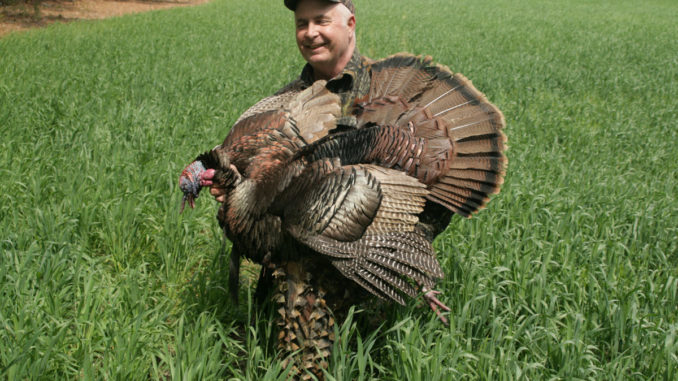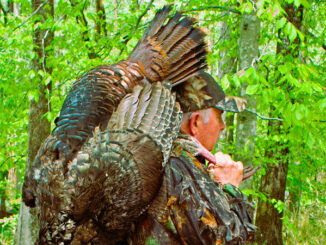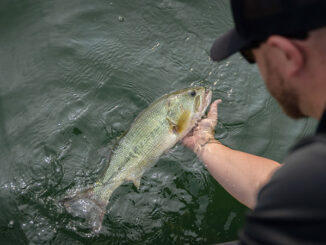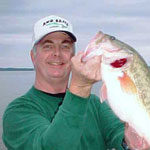
Joey Murphy, a call-maker from Lexington, N.C., said that late-season turkey hunting often requires a commitment to change and diversity in hunting and calling strategies, but mental toughness is crucial.
“A key to success is making the internal, mental commitment to actually be patient and not push pressured gobblers,” Murphy said.
“Early season hunting can be fast-paced, and it can be frustrating to work slowly through the woods, setting up, calling and hearing no response — and then repeat the process,” he said. “But if I’m in areas where I believe gobblers are located, I adopt the mental outlook they can hear me. If I can get their interest, they will likely approach, but on their own schedule. I’m patient and call soft and seldom unless a gobbler cranks up. I may have to get more aggressive with my calling, but that’s a situation I’ll consider when it occurs.
“I’ve killed gobblers by doing no more than scratching in the leaves with my hands, mimicking a contented, feeding hen,” he said. “It’s easy to get distracted and bored when not hearing turkeys return calls, but I’ve learned that often the game in on — they just haven’t informed me by gobbling.”
Murphy said eternal vigilance is a must to see a gobbler approaching quietly, and seeing him first is paramount to success.
“To fool a savvy longbeard in the late season on pressured property is often the result of a strong mental focus, not just calling and woodsmanship skills,” he said. “It usually takes all three, but overlook the mental commitment and you can miss an opportunity you never knew you had.”





Be the first to comment